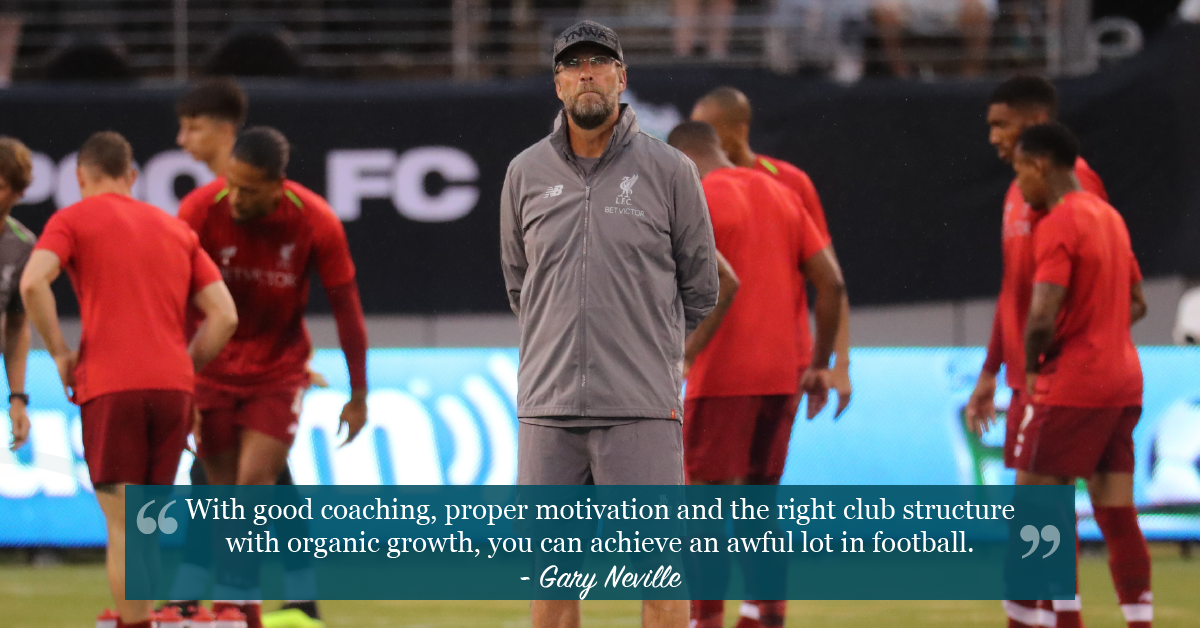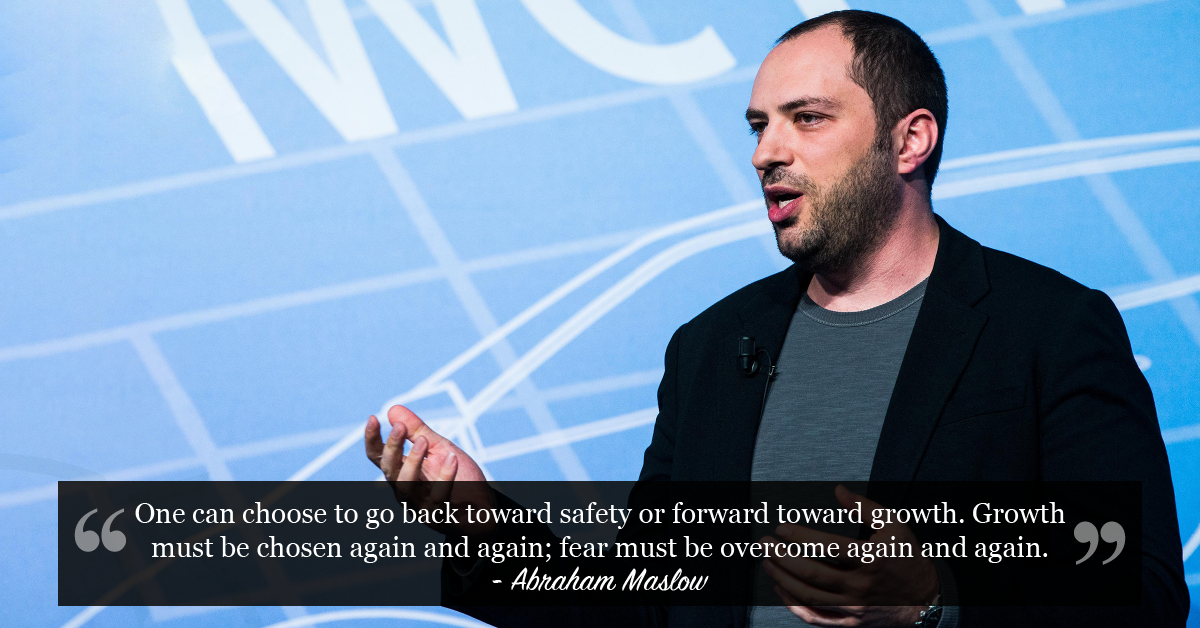Times change and so should our conventional business thinking. The kind of business thinking that tinged the industrial age of the 20th century was dependent solely on money. That’s the most important part, back then, to start a business. Money helps you build new equity, develop relationships with new set of people, and develop new systems and processes. To increase revenues as soon as possible, we would rather go for Inorganic growth tactics like finding angels, VCs, seeking mergers and acquisitions. Conversely, the information age has a totally different set of rules due to the nature of the age itself. Information spawned a new currency other than money; that is, ideas. That currency encourages the entrepreneurial spirit that propelled many to be in charge of their destiny.
Related: How to End the Fallacy of Time is Money

The inorganic growth tactics of the preceding age still seduce today’s startup entrepreneurs. This external growth is usually attained through acquiring another company in order to enhance its competitive advantage in the marketplace. Another growth tactic is to pitch for venture capitalists or investors to fund your business. The problem is that when you get those investors on board you lose control over the destiny of your company. You are no longer in charge. This goes contrary to what you set business life for in the first place – to be an entrepreneur and have autonomy.
To thrive as an entrepreneur, you must seek to grow your business organically. This is the business road that is less-traveled because of its short-term pain. The pain comes from going against the outdated conventional thinking that relies on money to fund your business. To go against this seek to self-fund your business early on. Capitalize on technology in operating market researches and come up with insights about your potential customers. Think big and start off small. Look for a unique differentiator that sets you apart from competitors in the marketplace. Organic growth is about working qualitatively and vertically with customers rather than diluting your resources through horizontal selling.

Apple Inc. is an epitome of a business based on organic growth. Apple’s growth was propelled by product innovation. The technological breakthroughs fueled by Apple starts with Macintosh, i Mac, iPod then iPhone. Apple’s growth is a slower, steady, and deliberate process. That process is geared towards making customer-driven incremental improvements, agility in responding to customers’ changing needs. Apple averages about one acquisition per year during the past 25 years while Microsoft bought 45 companies, and Google 40, during the past five years.
Inorganic growth complements organic growth not conflicting with it. Still, it is advisable at the very beginning of running your business to go for growing it organically. As an entrepreneur you need first to avoid the cost and distractions of finding investors and concentrate on doing what you do best that will meet a demand in the market. Your aim at the early stage is to make revenues and minimize cost to reinvest in your business. You can later acquire a line of business in order to support your competitive advantage. The two growth strategies are not conflicting but rather complementary only when you know when to complement one with the other.

Organic growth should be at the forefront of the entrepreneur’s business thinking. It is the only growth that yields results in the long run in spite of its humble beginnings. Through thinking big and being agile to demands of the market and connecting more with your customers, organic growth is the favorable way of the would-be entrepreneur.



